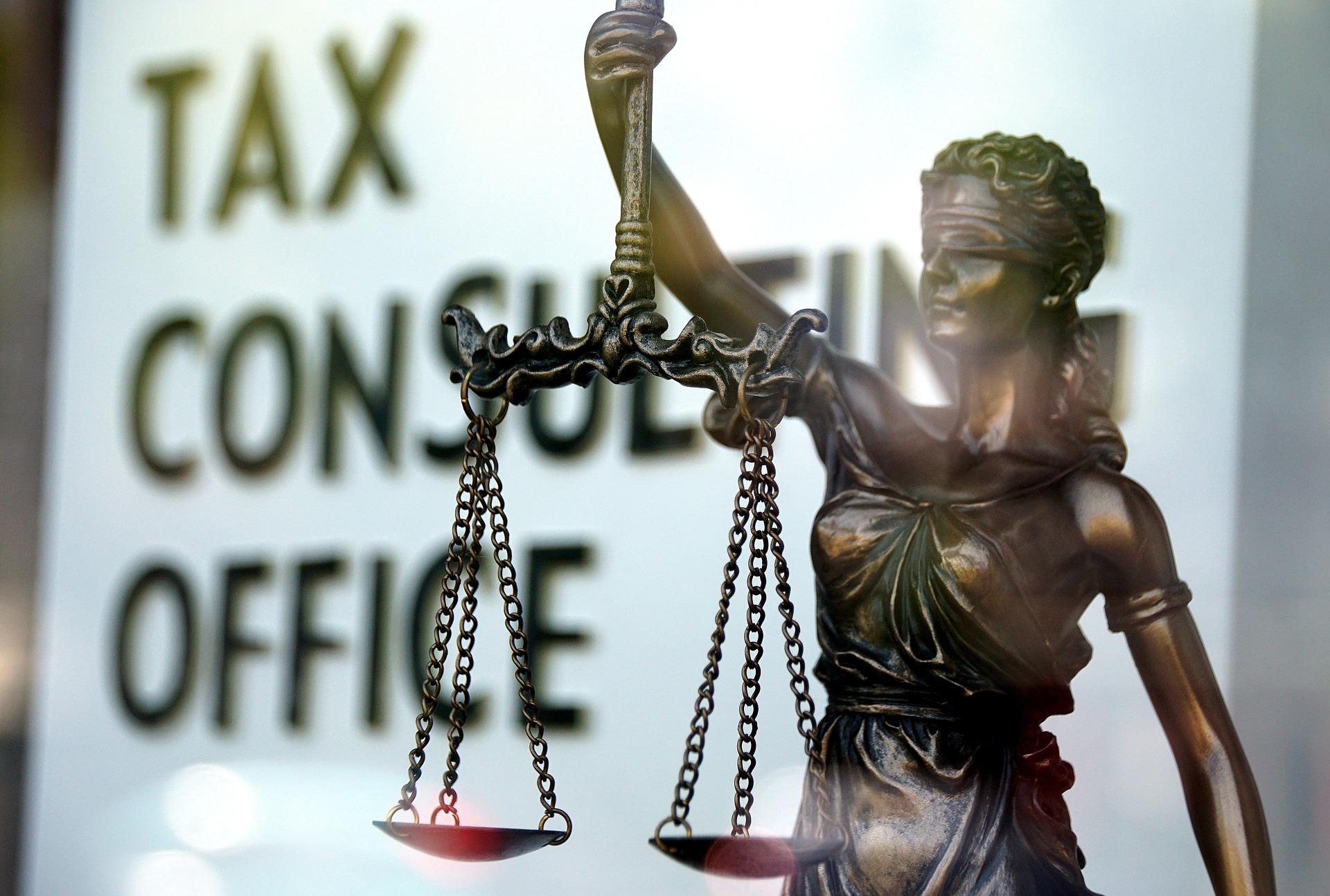The Role of Judicial Review in Shaping Democracy
Introduction: Judicial review, a key element in the checks and balances of democratic societies, plays a pivotal role in shaping democracy. This article delves into the historical context, modern developments, and societal implications of this legal principle.

Historical Overview of Judicial Review
Judicial review is a doctrine under which legislative and executive actions are subject to review and possible invalidation by the judiciary. This concept has its roots in many ancient legal systems, but its modern form emerged in the United States in the late 18th century.
The landmark case of Marbury v. Madison in 1803 established judicial review in American law. Chief Justice John Marshall’s ruling laid the groundwork for the judiciary’s role in ensuring that government actions align with the Constitution. Since then, the concept has been adopted in many democratic nations, becoming a crucial safeguard against abuses of power.
The Modern Landscape of Judicial Review
In the modern legal landscape, judicial review continues to evolve. Its application varies across jurisdictions, reflecting differing views on the judiciary’s role in democratic governance. While some countries, like the United States, give courts broad powers to review laws and executive actions, others limit this power to prevent judicial overreach.
Recent years have seen significant debates around judicial review. These debates often center around the judiciary’s role in interpreting the constitution, and whether it should have the power to overturn laws deemed unconstitutional. These discussions reflect the ongoing evolution of this legal principle.
Judicial Review and Society
The societal implications of judicial review are profound. By ensuring that all government actions align with the constitution, it protects citizens’ rights and freedoms. It also promotes accountability and transparency, holding the government answerable for its actions.
However, judicial review also raises questions about the balance of power. Critics argue that it can lead to an ‘activist judiciary,’ where judges make, rather than interpret, laws. These concerns underscore the need for careful, balanced use of judicial review.
Judicial Review in a Changing World
As societies evolve, so too does the role of judicial review. In an increasingly complex and interconnected world, courts are faced with new challenges. Issues like climate change, digital rights, and global pandemics present novel questions for the judiciary to navigate.
In addressing these issues, courts must strike a balance between upholding constitutional principles and adapting to changing societal needs. This delicate balance is crucial to ensuring that judicial review remains a robust safeguard of democracy.
The Future of Judicial Review
Despite debates and challenges, judicial review remains a cornerstone of democratic societies. As it continues to evolve, it will play a crucial role in shaping the future of democracy. By ensuring that all government actions align with constitutional principles, it will continue to protect citizens’ rights, promote accountability, and uphold the rule of law.
In conclusion, judicial review is more than just a legal principle. It is a fundamental mechanism that shapes the contours of democratic governance. Its future, therefore, is not just a question of law, but a matter of democracy itself.




